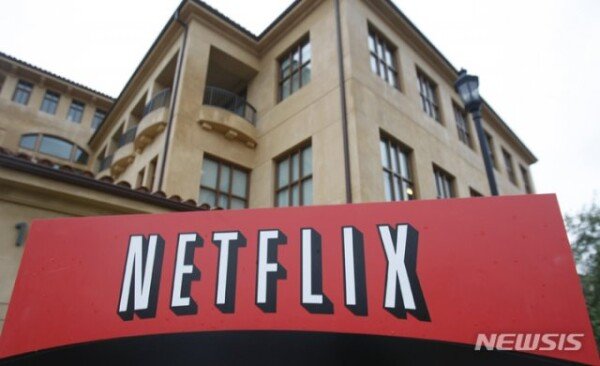On the 21st (local time), Netflix began cracking down on account sharing fees in four countries, including New Zealand, Spain, Canada and Portugal. After the announcement of paid service, some subscribers in the four countries are expressing opinions against the measure through social network services (SNS) such as surveys and Twitter. While Netflix also predicted that the number of subscribers would temporarily decrease, the industry is paying attention to what will happen to the number of subscribers in the first quarter.
According to the industry on the 21st, Netflix announced on the 8th (local time) that it would charge a fee for sharing accounts with Netflix subscribers in four countries, including New Zealand, Spain, Canada and Portugal. The fee is charged only when the subscriber needs to share with family or friends who do not live in the same household, and the account holder must create a kind of sub-account that they can use with a paid function called ‘Add Member’.
Sub-accounts require account holders to pay a monthly fee. In Canada, each is 7.99 Canadian dollars (about 7,700 won), in New Zealand, 7.99 New Zealand dollars (6,400 won), in Portugal, 3.99 euros (about 5,500 won), and in Spain, 5.99 euros (8,300 won). Up to two sub-accounts can be created for each rate plan, and the possible number is one standard rate plan (KRW 13,500 per month in Korea) and two premium rate plans (KRW 17,000 per month).
After the announcement, Netflix sent an email to subscribers in the four countries, informing them that they should proceed with account verification under the new measure. Subscribers must connect to Netflix on a TV connected to the Wi-Fi of the subscriber’s home by the 21st and set the ‘default location’. If you don’t set a default location or don’t have a TV at home, Netflix will automatically set a default location based on subscriber IP address, device ID and account activity to crack down on account sharing.
◆Resentment from users in 4 countries… 58.7% of Spanish users “I will stop subscribing if I pay for account sharing”
As Netflix cracked down on account sharing in four countries on this day, account sharing users in these countries will have to pay more to watch content in the future. As a result, some users criticized Netflix and announced that they would cancel their subscriptions. Foreign media outlets in four countries cited surveys related to account sharing or reported complaints from Netflix users through interviews with citizens on the street.
Spanish media El Pais reported that 61.3% of Spanish Netflix users are using account sharing services, citing a report by the Spanish audiovisual and digital research agency ‘Barlovento Communacion’. The organization recently revealed that 58.7% of users will stop subscribing when account sharing is paid. Only 14.8% of users said they would use a shared account even if they had to pay extra, and only 11.8% said they would switch to an advertising plan.
Canadian media CBC interviewed citizens using Netflix on the street, and most of the citizens responded negatively to account sharing fees. A citizen pointed out that Netflix has recently acted opposite to this, referring to a Netflix Twitter post that said, “Password sharing is love.” The CBC also quoted and reported Twitter posts confirming the cancellation, such as “It’s time to cancel the subscription.”
Netflix also predicted that there would be a drop in subscribers in the short term, but it is confident that the number of subscribers will increase over time by switching to an advertising rate plan. Netflix reported that the number of subscribers actually increased, citing the case of a trial project of paying account sharing in some Latin American countries such as Chile and Costa Rica last year. While Netflix is expected to be effective in terms of revenue diversification, the industry is paying attention to how much Netflix subscribers will change in the first quarter along with which country will be the next account sharing fee-based service.
Source: Donga
Mark Jones is a world traveler and journalist for News Rebeat. With a curious mind and a love of adventure, Mark brings a unique perspective to the latest global events and provides in-depth and thought-provoking coverage of the world at large.




